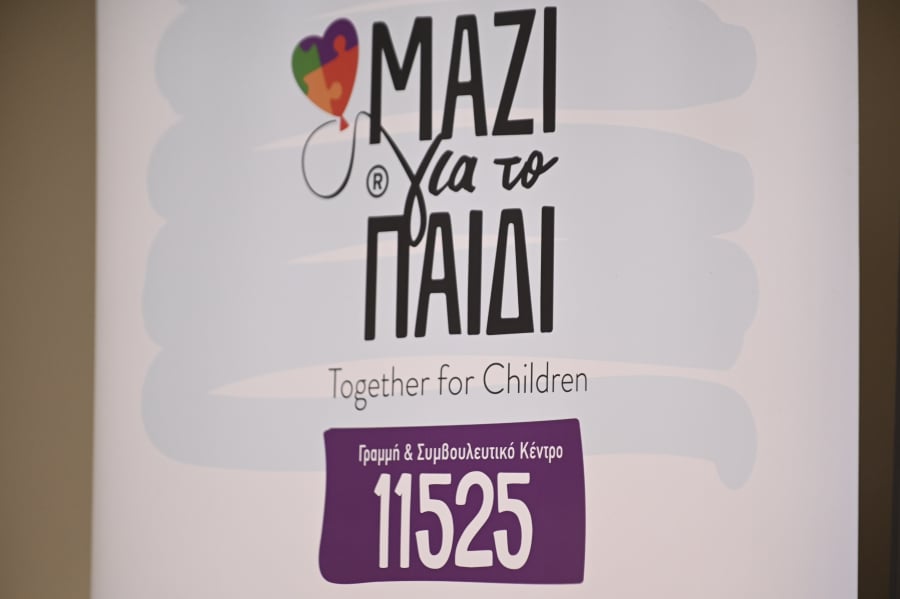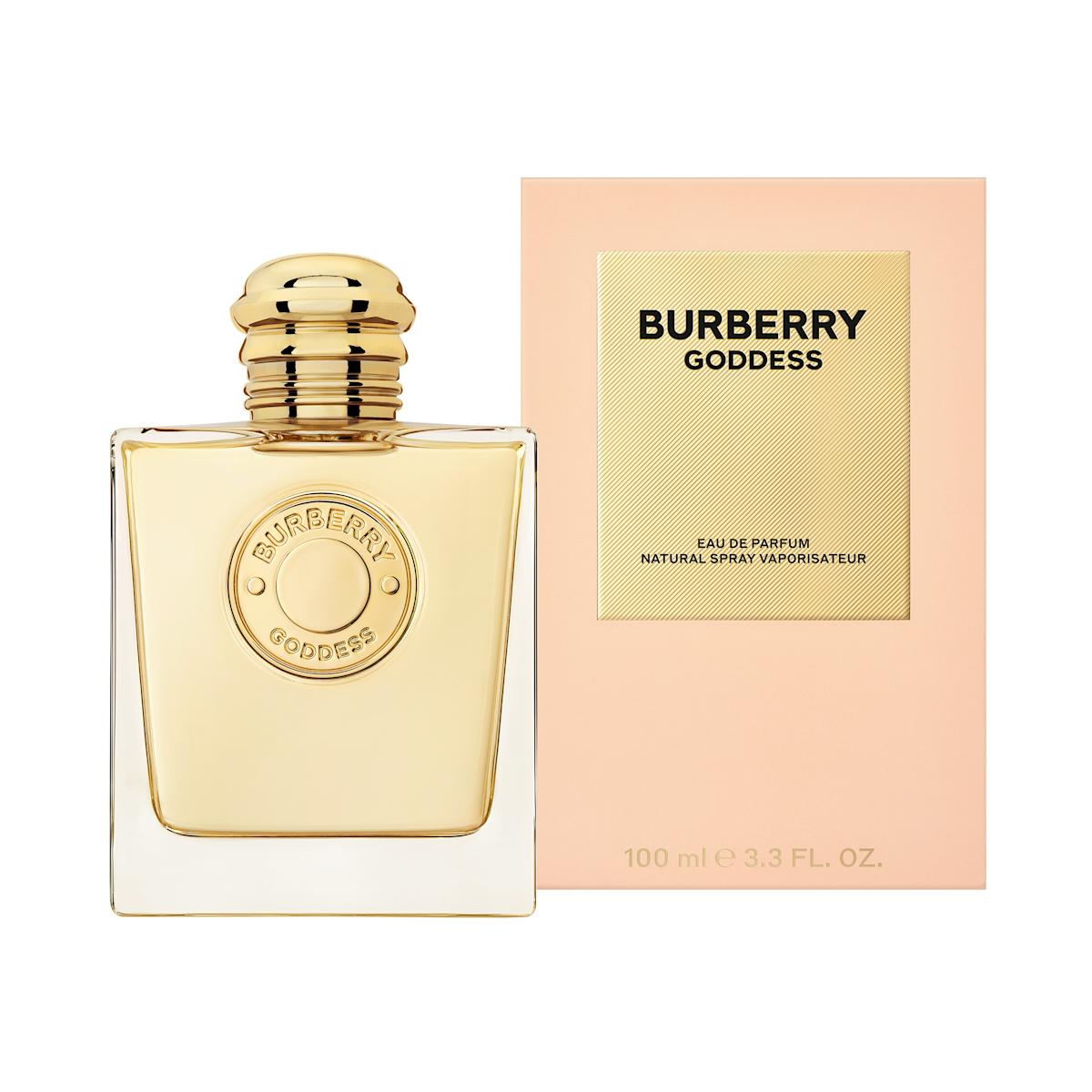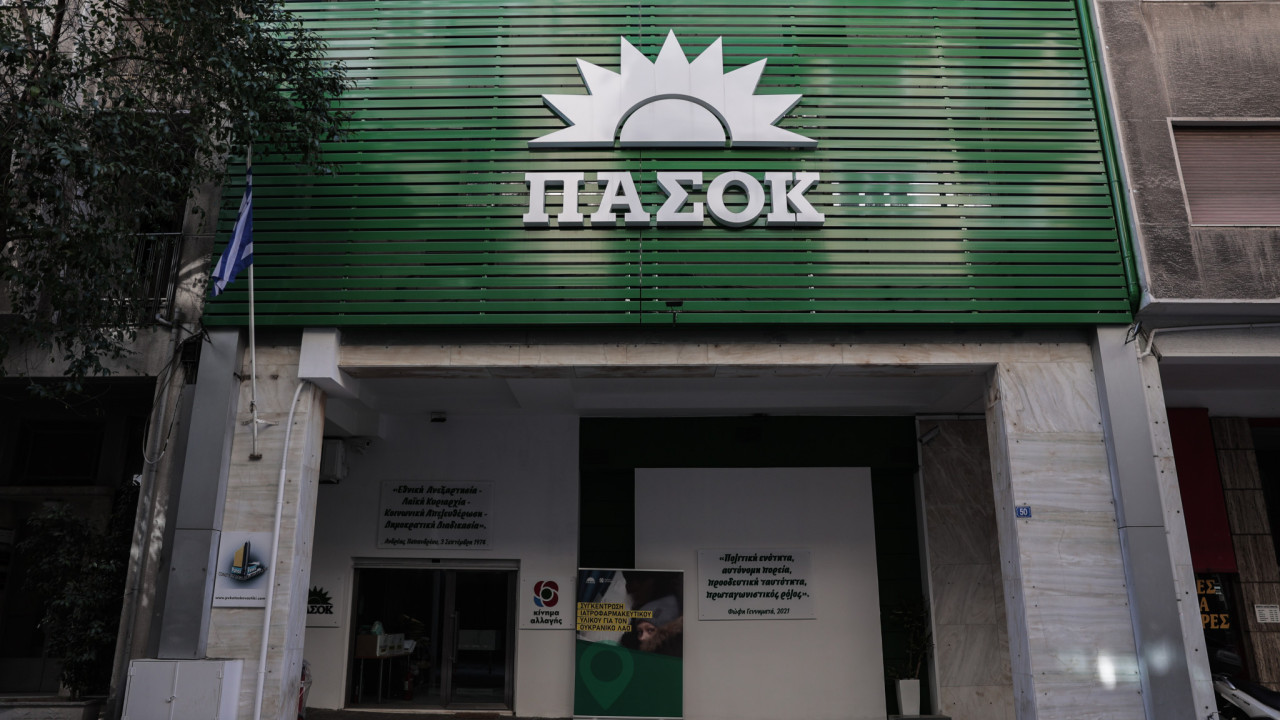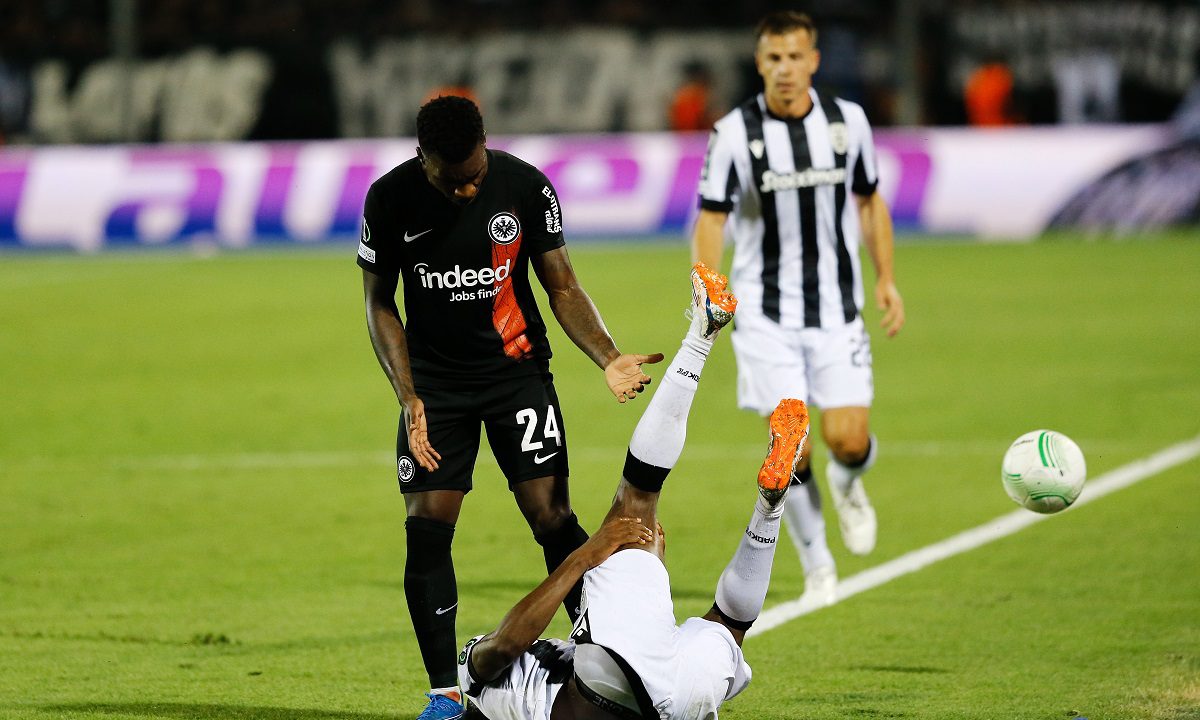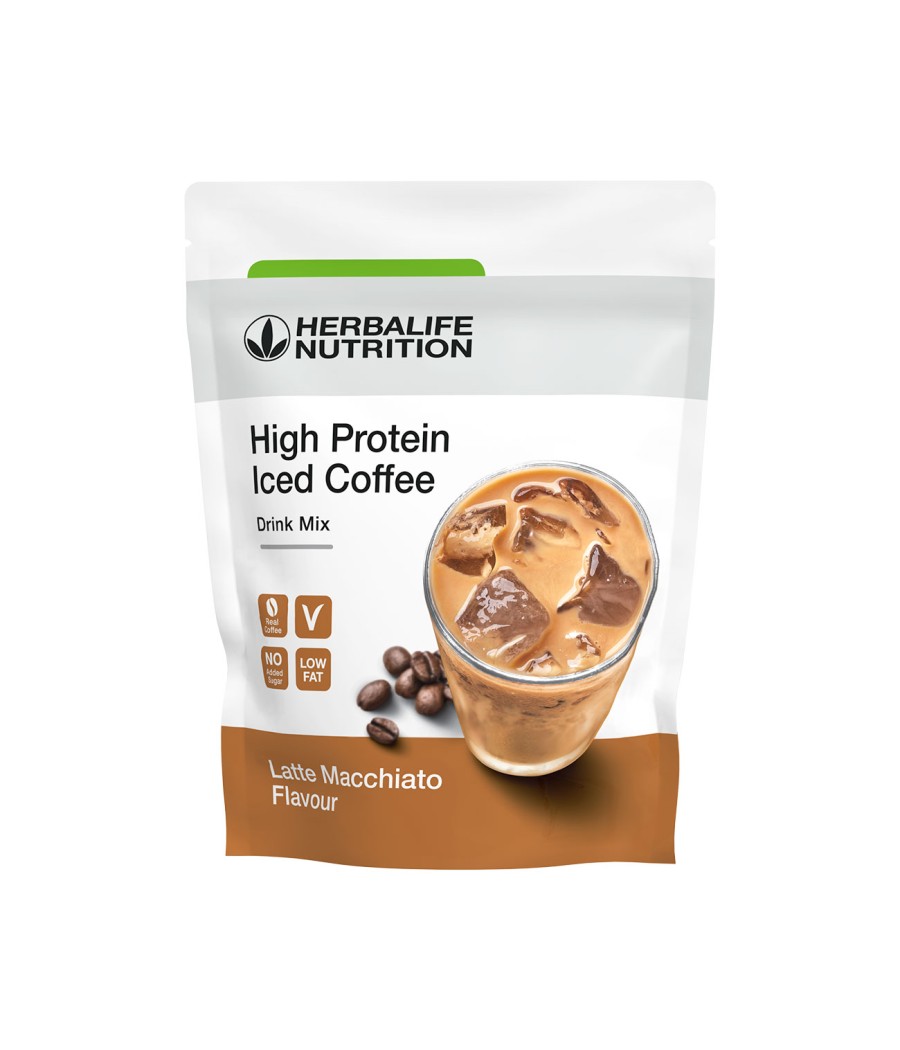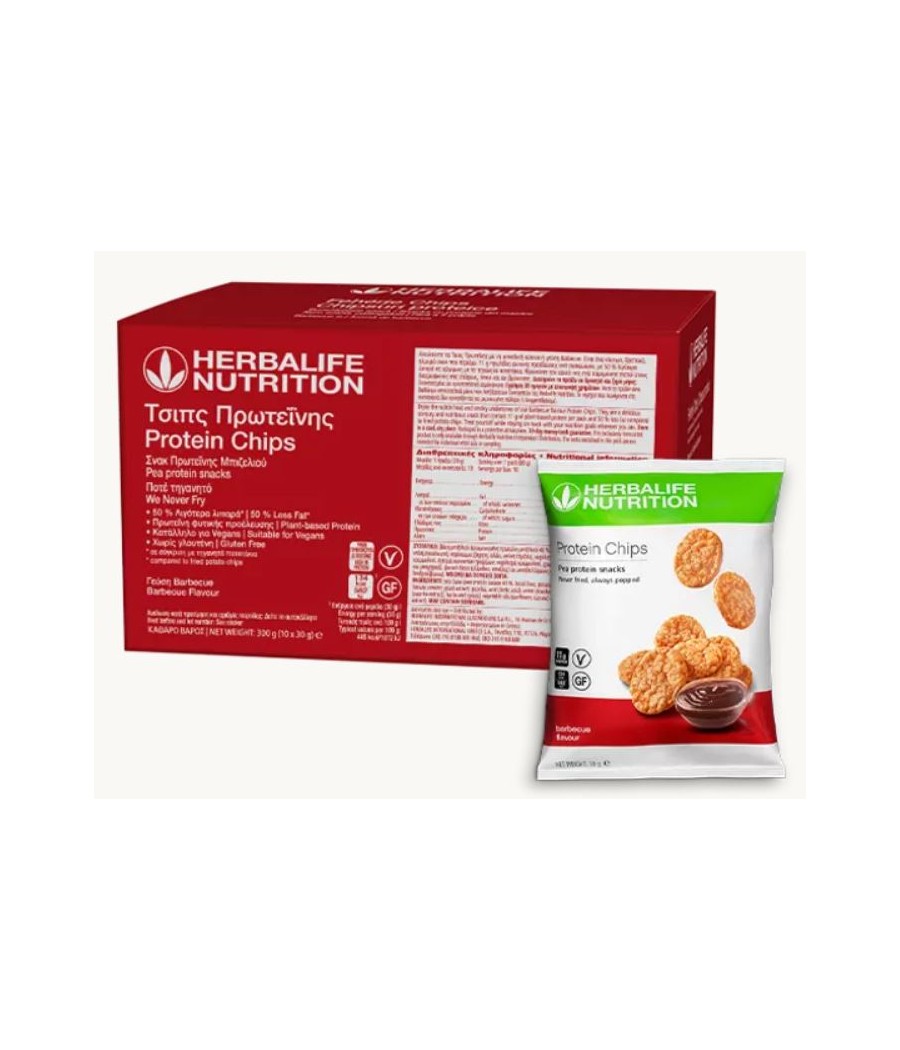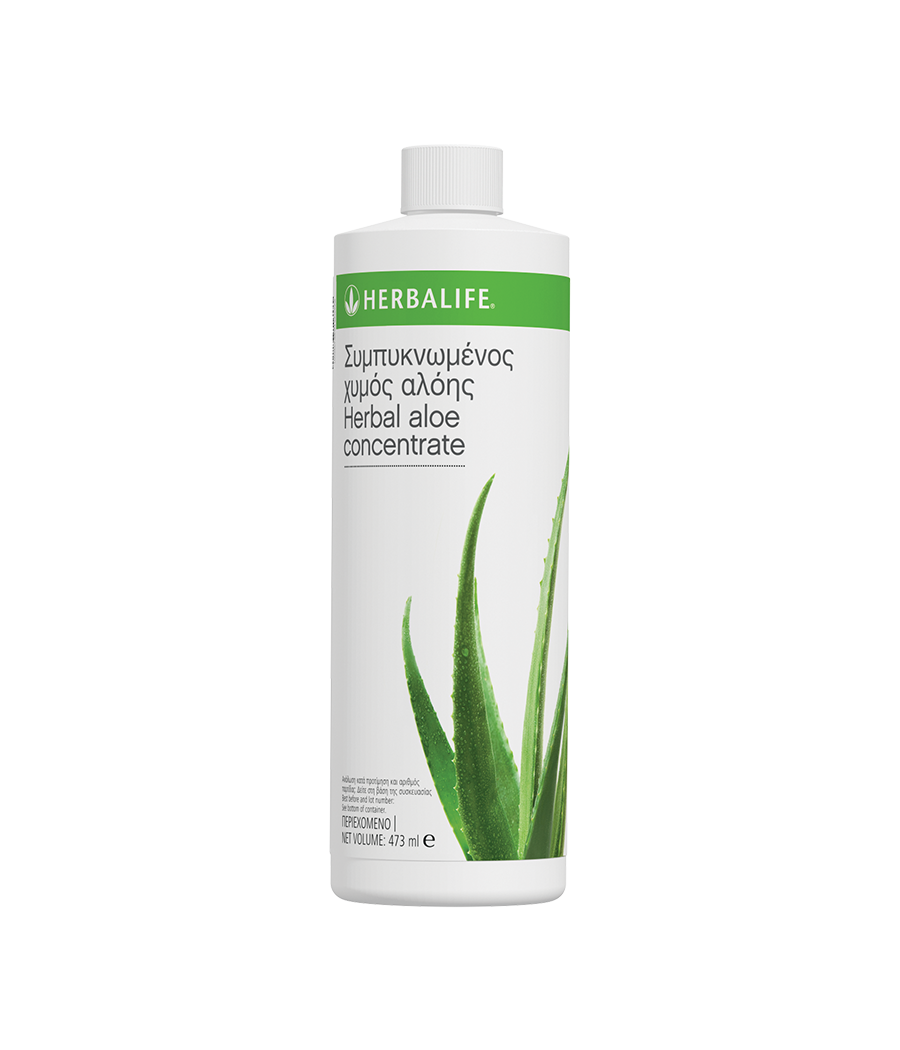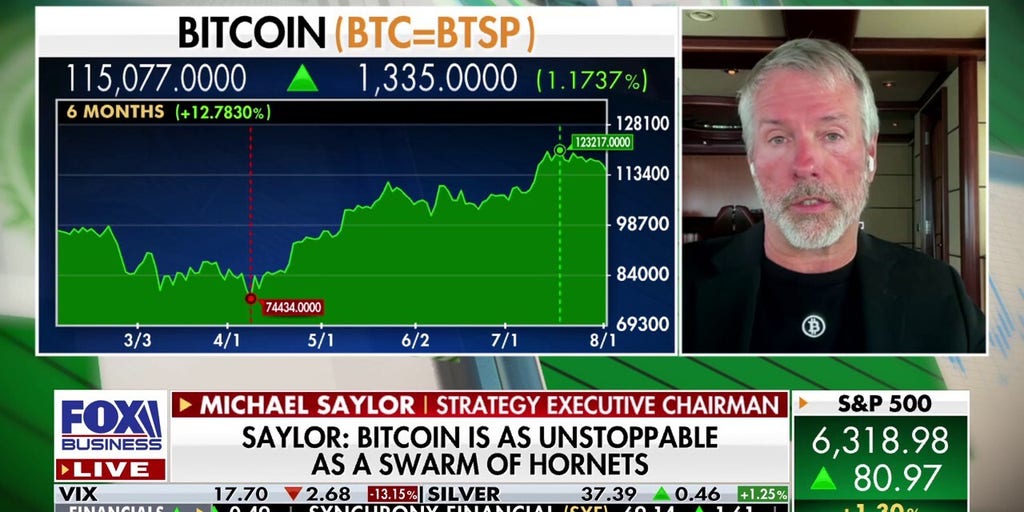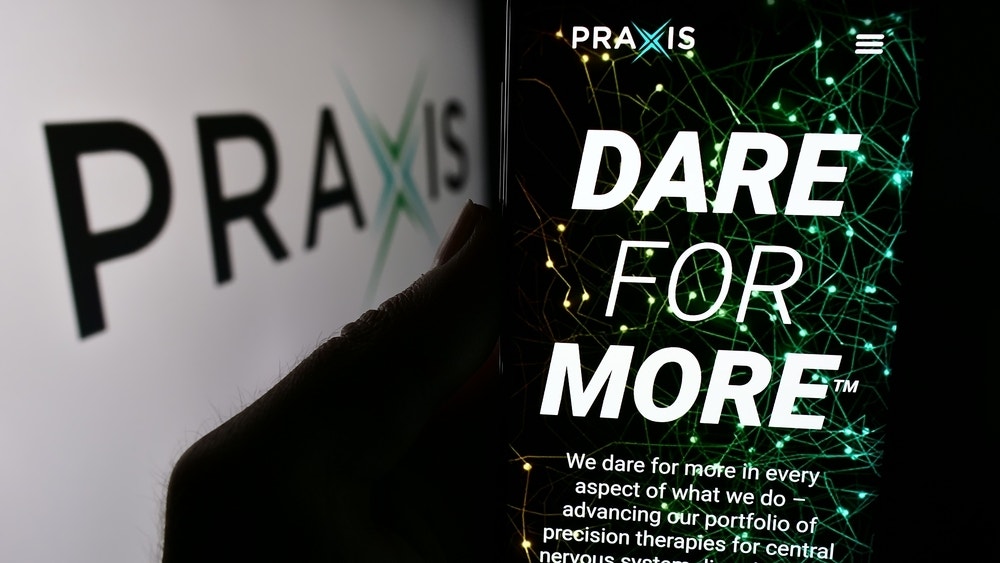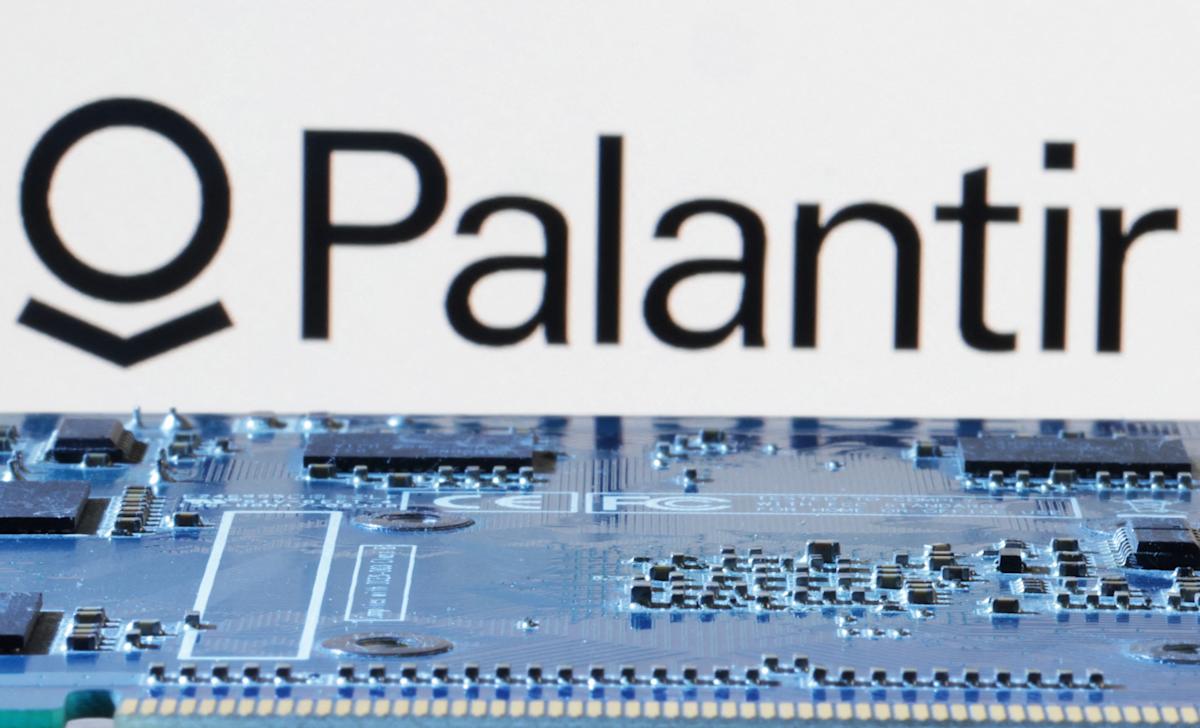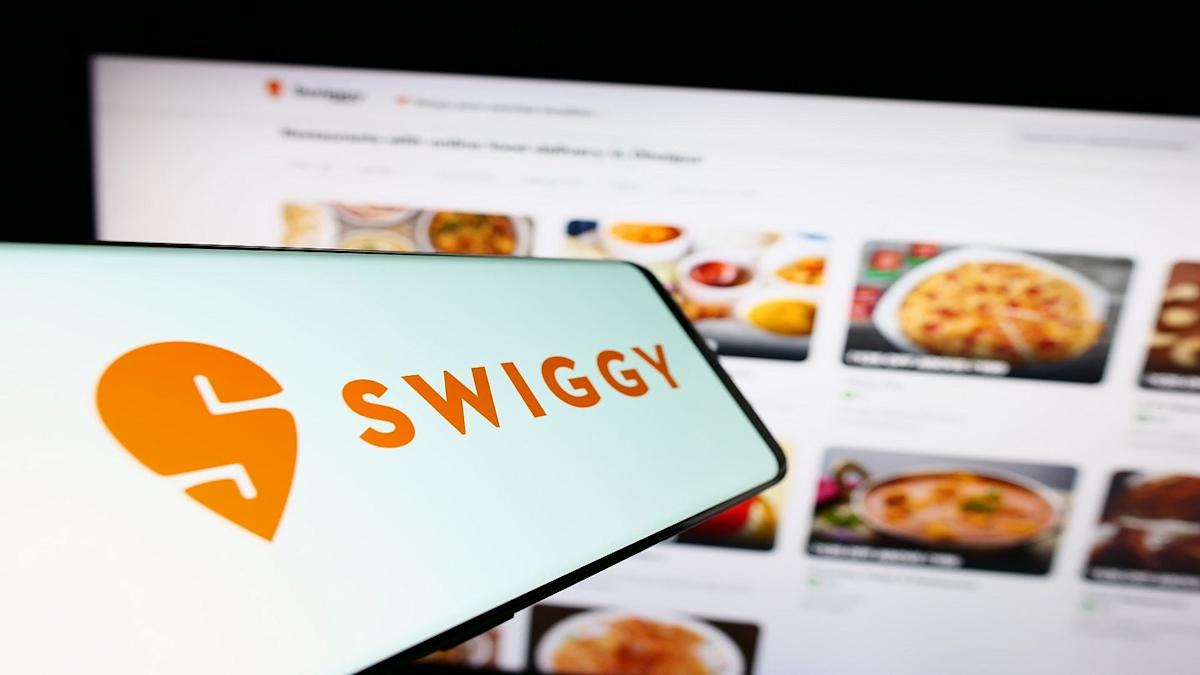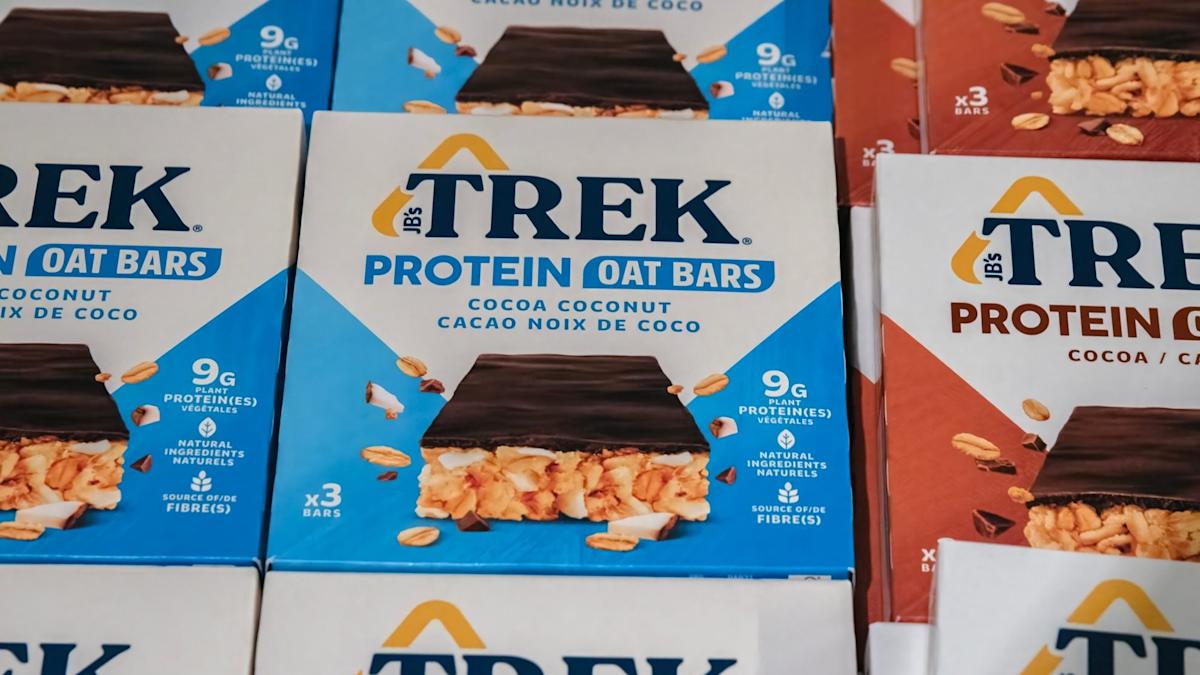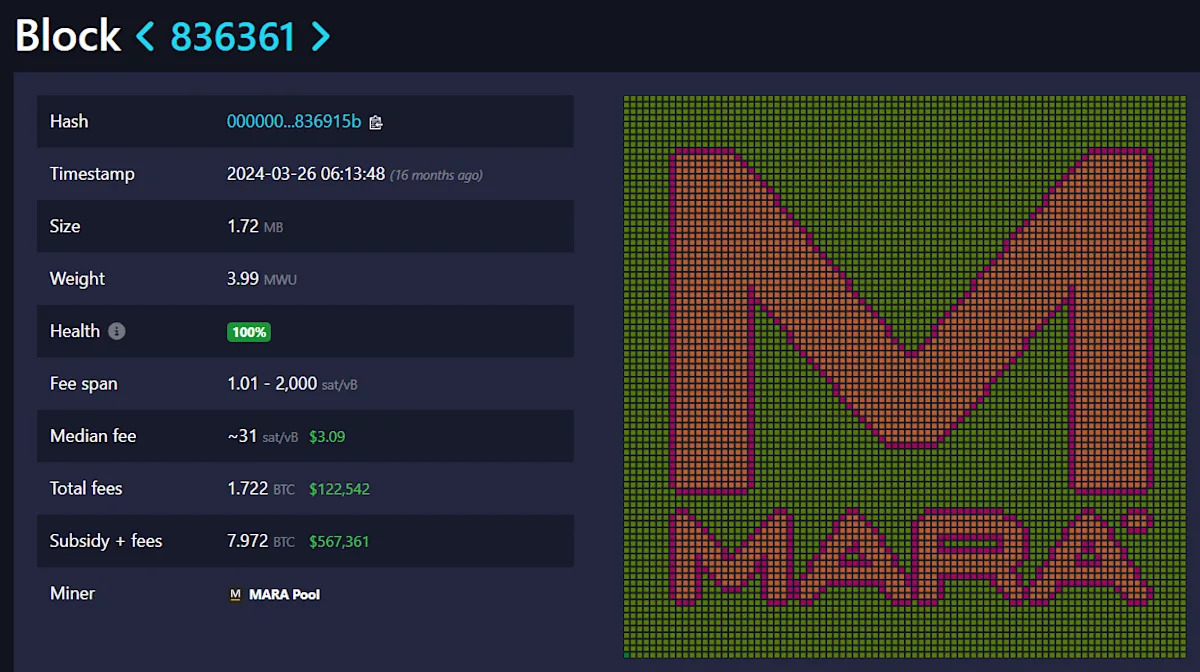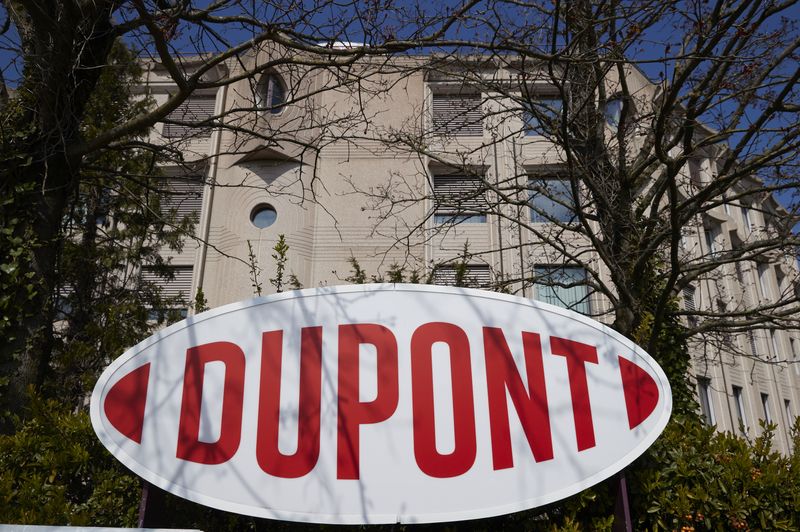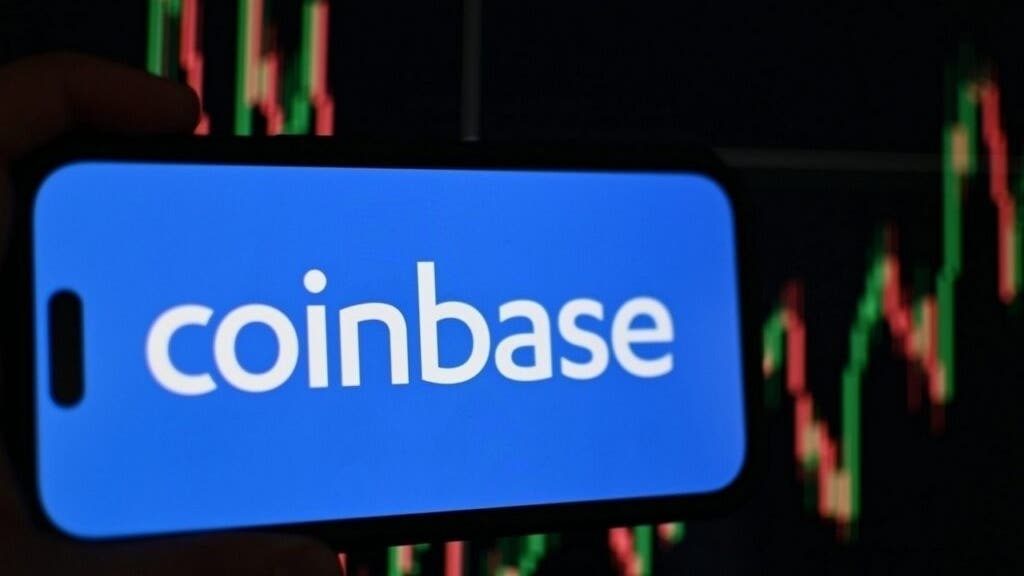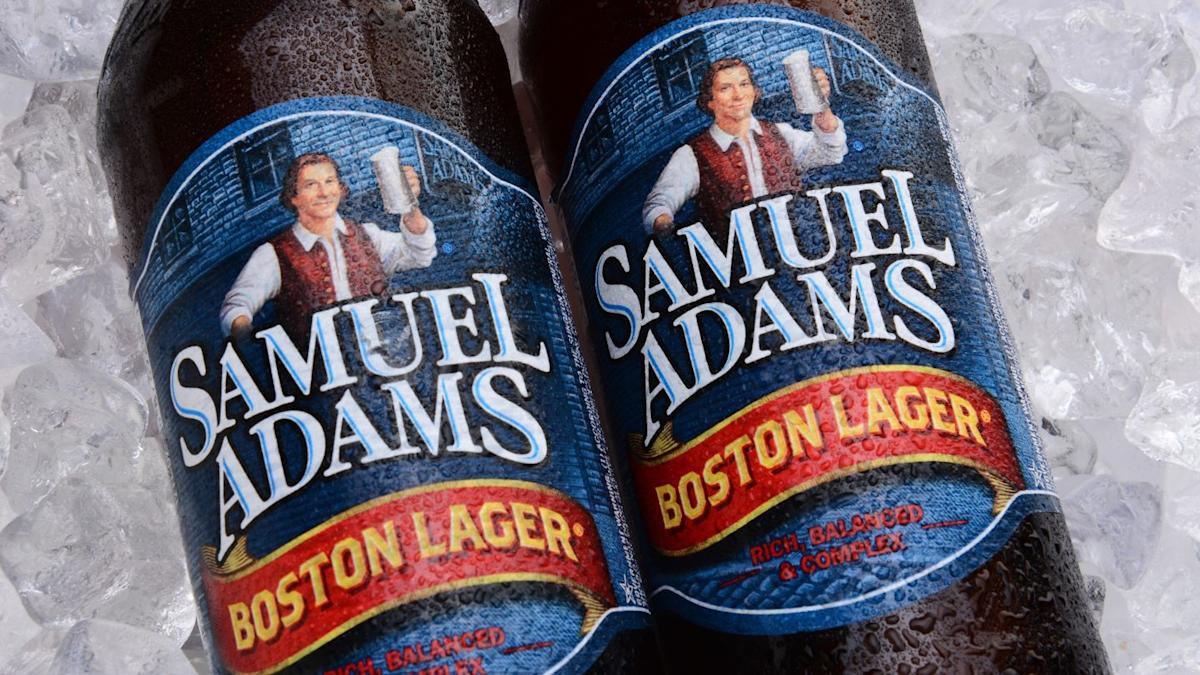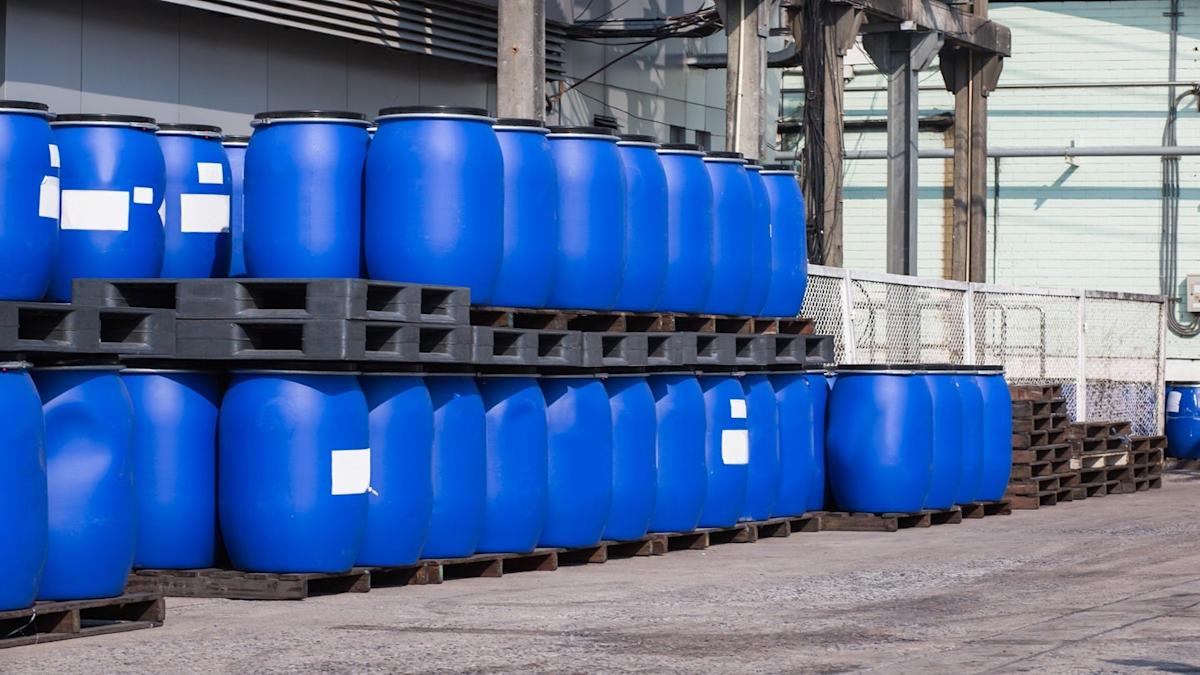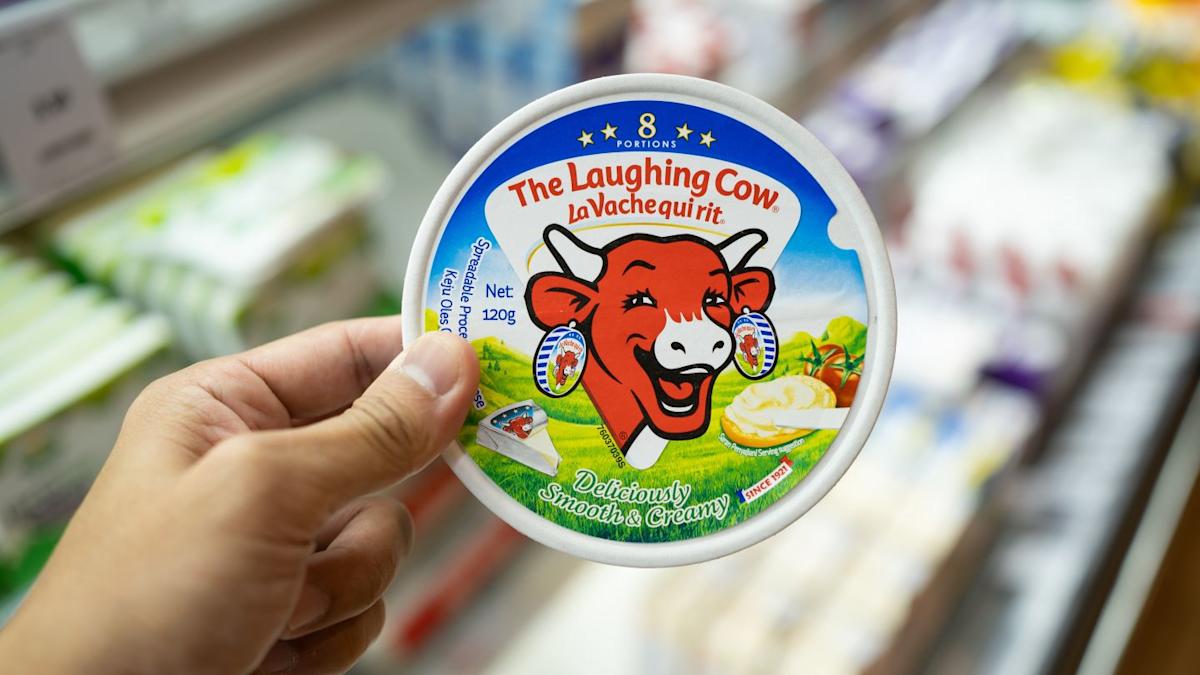Coty Looks to Be for Sale, According to Industry Sources
Could it be the end of an era for one of beauty’s most storied names?
Buzz is swirling that Coty Inc. is looking for buyers, but it would not be a one-and-done deal, according to multiple industry sources.
While the sources said talks are in the very early stages, a number have told WWD that Coty, jointly listed in New York and Paris, is exploring a potential sell-off in two parts. That would involve its Luxury division, counting brands such as Gucci, Burberry, Jil Sander and Hugo Boss, and its Consumer division, with mass brands including Covergirl, Max Factor and Rimmel London.
Related Articles
A Coty spokeswoman reached Monday said the company does not comment on rumor and speculation.
For Coty’s luxury business, sources have said that the company is in talks with Interparfums, although they speculated that Interparfums would want only some of the fragrance brands — namely Burberry and Hugo Boss.
Burberry Goddess, released in 2023, remains Coty’s biggest launch ever, while Hugo Boss became the number-two men’s fragrance franchise in Europe in the second half of last year.
For this reason, a potential deal for Coty’s fragrance business could come in the form of a strategic partnership or merger, versus an outright acquisition, one source suggested.
“Overall, we are always inclined to look when opportunities present themselves,” said a spokesman for Interparfums SA on Monday.
Interparfums is said to have had already made an offer to Coty for the blockbuster Burberry license, which Interparfums previously held through end-2013.
Meanwhile, the Gucci fragrance and beauty license would likely be short-lived anywhere but at parent company Kering. Time is ticking on that jewel in the crown of Coty’s Luxury division. It has long been believed that Kering plans to take Gucci fragrance and beauty activity in-house once the license expires, as the luxury group is building out its beauty division.

WWD articles from past decades repeatedly cited that the original license for Gucci fragrances had a 50-year duration, which makes the expiration sometime in 2028. Coty chief executive officer Sue Nabi also hinted at that date when she told journalists in July 2023 that there would be no discussion of the renewal of any of Coty’s licenses for at least another five years.
According to some industry sources, the sticking point regarding a potential sale of Coty is whether the group couldfind a buyer for its mass division.
For the third quarter of fiscal 2025, ended March 31, Coty’s Consumer beauty net revenue declined 9 percent, reflecting that softness that many in the category are feeling.
Another source claimedCoty’s hope had been to find a buyer for the mass division in Asia, but the slowdown in the region combined with the ongoing trade war with the United States has meant that this is increasingly unlikely.
Compounding the difficulties could be that the Consumer division has some key challenges. Mass market brands are also increasingly up against competition from direct-to-consumer contenders. And investors often don’t see mass brands as appealing as their luxury counterparts from a valuation standpoint. Nevertheless, one source suggested the mass division might be of interest to private equity.
All sources believed that Coty wouldbe unable to sell its entire business to one entity, not least due to antitrust issues.
“If they get someone to buy the mass division, the fragrance business will be bought tomorrow,” said another source.
Coty has also been trying to sell its remaining 3.6 percent stake in hair care giant Wella. The group came close at one point with a proposed sale to investment firm IGF Wealth Management, but that fell through in October 2023. Coty had planned to be fully divested of its Wella holding by 2025.
Meanwhile, industry speculation continues to mount over the longevity of Nabi as Coty’s CEO. Some sources conjecture that she could exit the company as early as this summer.
Nabi, who founded Orveda, joined Coty as CEO in 2020, succeeding Peter Harf, who moved up into the role of executive chairman. But in April, JAB, Coty’s largest investor, announced Harf would retire after 40 years at the company. He continues to serve as chairman of Coty’s board, while managing partners Joachim Creus and Frank Engelen keep leading JAB as co-CEOs.
Nabi, beauty’s highest-paid executive, spent 20 years at L’Oréal prior to launching Orveda.
Multiple phenomena have led to this point when Coty could be for sale. For one, the company’s stock has taken a beating. Year-to-date, Coty shares are down 30.7 percent, versus its peers L’Oréal, up 9.9 percent, and the Estée Lauder Cos., down 2.4 percent, for instance. Coty’s market cap currently stands at $4.13 billion.
There is, as well, the issue of the Gucci license, the possible impending loss of which would be a big financial blow to Coty. And in May, the group reported a $71.1 million loss on the divestiture of Skkn, Kim Kardashian’s beauty business, amid a third-quarter revenue decline.
Coty had taken a 20 percent stake in Kardashian’s beauty interest in 2022 for $200 million, and together they launched Skkn by Kim, a skin care and color cosmetics line. Neither initiative seemed to have had the success of earlier offerings. Then in March, Kardashian regained full control of Skkn by Kim, with her shapewear and apparel company Skims acquiring Coty’s share.
Another factor is that the Kylie Cosmetics brand is said not to have taken off as expected, either, although its entry into fragrances has performed well in the last year. Coty in November 2019 acquired a majority stake in the reality star’s beauty empire in a deal that valued that company at about $1.2 billion.
In its third quarter, Coty’s total net revenues fell 6 percent to $1.29 billion. Analysts had forecast $1.3 billion.
Coty ranked ninth in WWD Beauty Inc’s Top 100 Beauty Companies list reflecting 2024 results, with sales of $6.1 billion, up 1.7 percent year-on-year.
Content Original Link:
" target="_blank">

![Άγιος Παντελεήμονας: Έκρηξη σε κατάστημα υγειονομικού ενδιαφέροντος με δύο τραυματίες [βίντεο]](https://www.ingr.gr/images/joomgrabber/2025-08/8589233a8f.jpeg)




